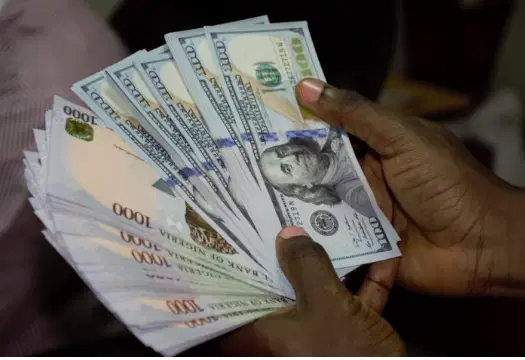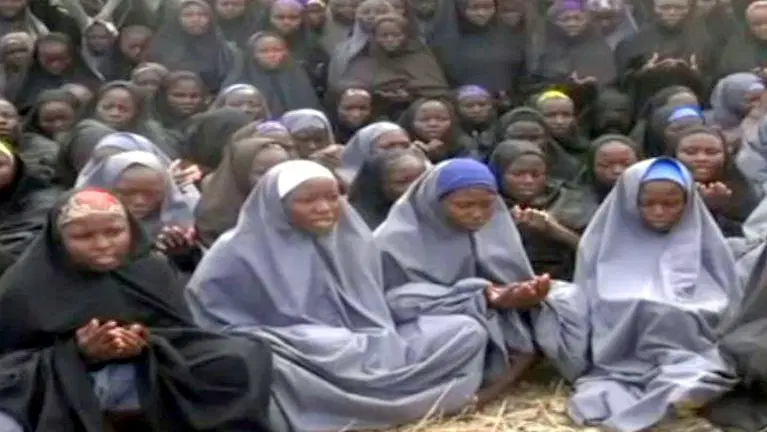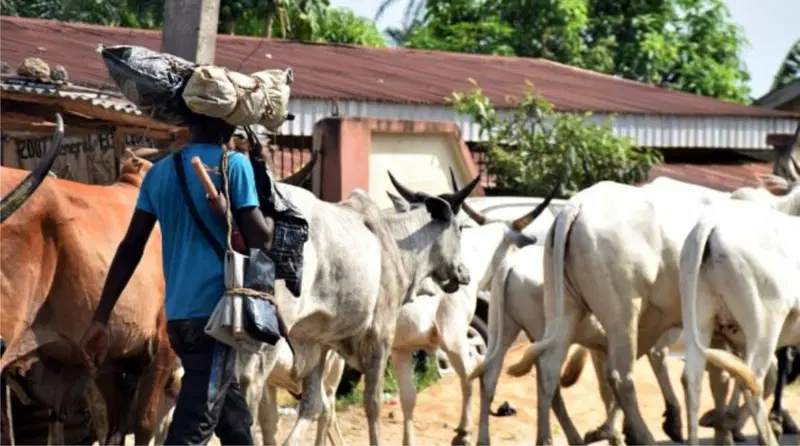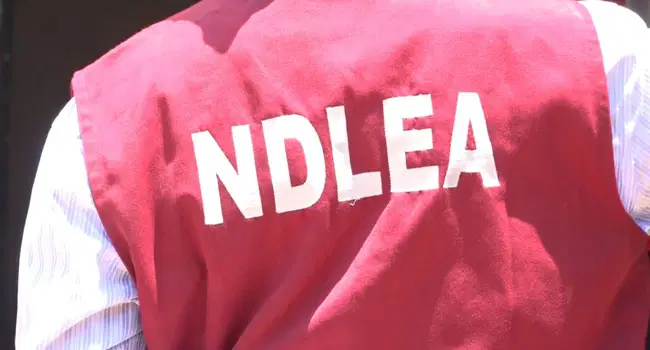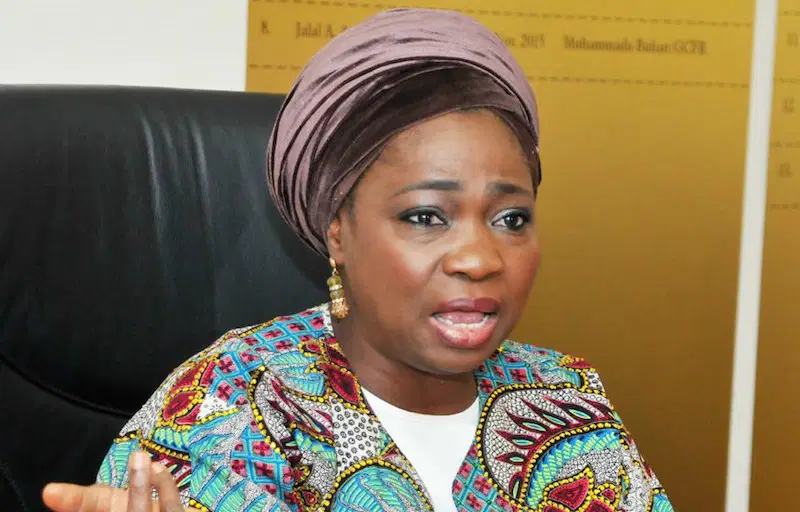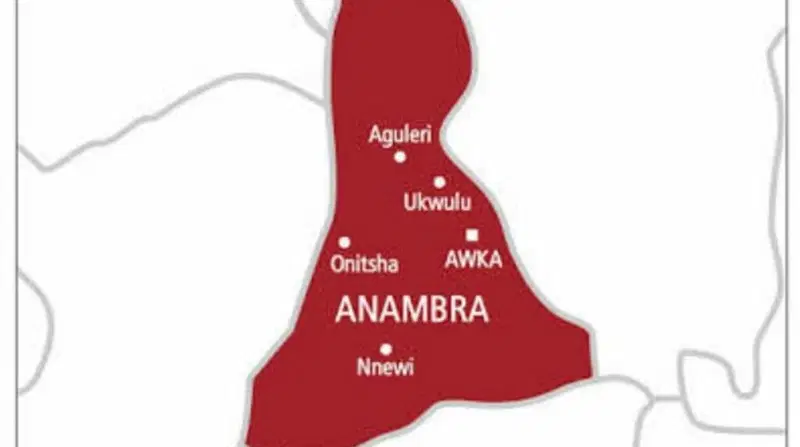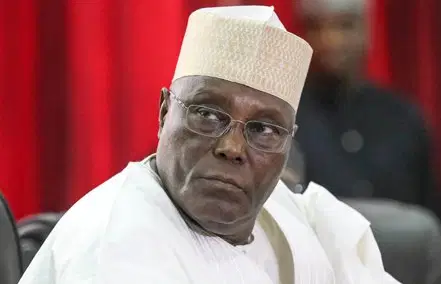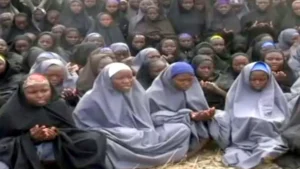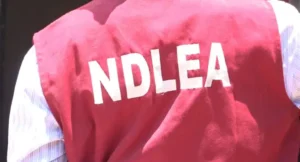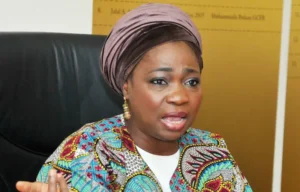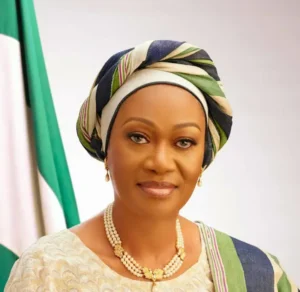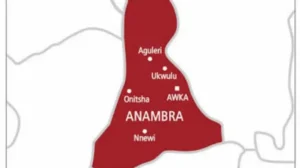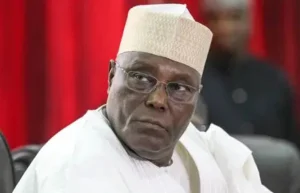- The Naira’s free fall threatens Nigeria’s 2025 fiscal plan.
- The currency’s devaluation has reduced the real value of the proposed N49.7 trillion budget by 23%.
- Inflation remains high at 34.6%, above the government’s 21% target for 2024.
- President Tinubu aims to reduce inflation to 15% in 2025.
- The 2025 budget assumes an oil price benchmark of $75 per barrel and an exchange rate of N1,500/$1.
- Key allocations in the 2025 budget include defense, infrastructure, health, education, and debt servicing.
Nigeria’s 2025 fiscal plan is facing a significant threat due to the Naira’s free fall against the dollar. The currency’s devaluation has reduced the real value of the proposed N49.7 trillion budget by 23%, despite a 74% nominal increase. This decline in purchasing power may limit the government’s ability to fund essential goods and services.
The Central Bank of Nigeria’s (CBN) new forex policy, aimed at appreciating the Naira, has had limited success. The policy improved the currency’s value for only one week before the gains reversed. As of December 21, the Nigerian Foreign Exchange Market (NFEM) rate stood at N1,536.93/$1.
Inflation remains a significant challenge, with the current rate at 34.6%, far above the government’s 21% target for 2024. President Tinubu aims to reduce inflation to 15% in 2025. The 2025 budget assumes an oil price benchmark of $75 per barrel, daily oil production of 2.06 million barrels, and an exchange rate of N1,500/$1.
Key allocations in the 2025 budget include:
- Defense and Security: N4.91 trillion
- Infrastructure: N4.06 trillion
- Health: N2.48 trillion
- Education: N3.52 trillion
- Debt Servicing: N15.81 trillion
The success of the 2025 budget will depend on effective revenue generation, debt management, project execution, and addressing inflation and exchange rate volatility .

